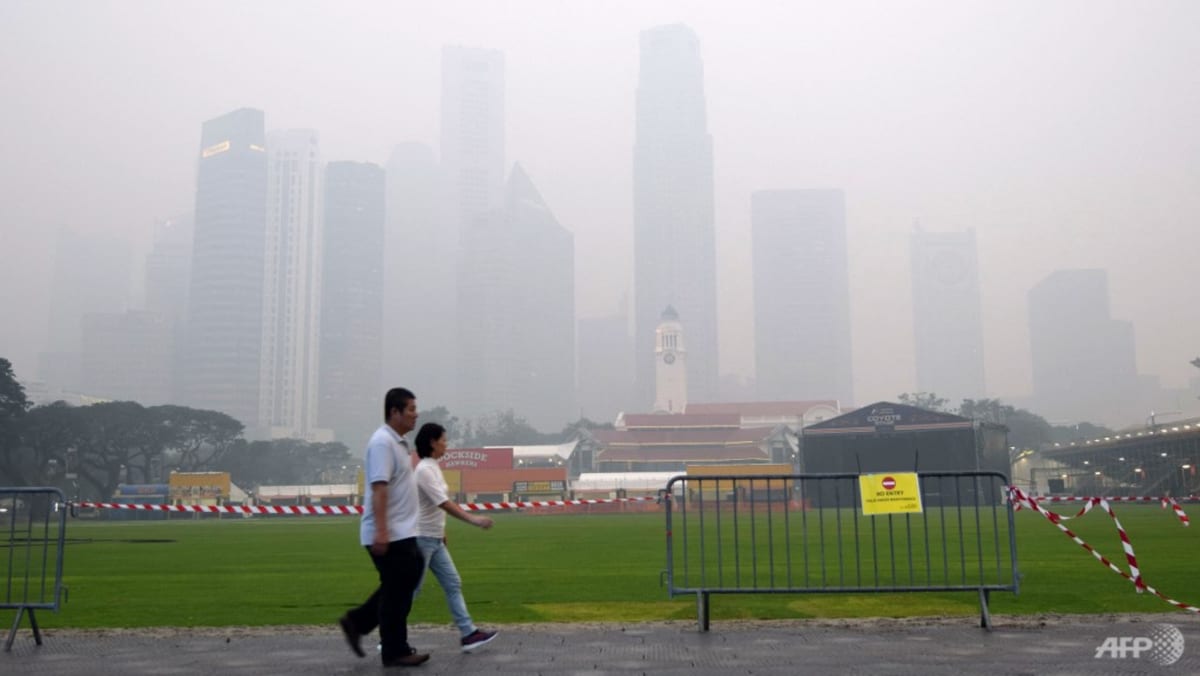HIGHER RISK OF LUNG CANCER, HEART DISEASE
PM2.5 particles can penetrate deep into individuals’ lungs due to their tiny size, leading to health problems that especially affect vulnerable groups like children, the elderly, and those with respiratory conditions.
On top of that, those exposed to polluted air for a long time could develop heart disease, stroke or even lung cancer unrelated to tobacco usage.
The NTU study found that PM2.5 pollution led to the premature deaths of 49 million people in China. The figure was 26.1 million in India.
Pakistan, Bangladesh, Indonesia and Japan also recorded significant numbers of premature deaths attributable to PM2.5 pollution, ranging from 2 to 5 million each.
LKCMedicine dean Joseph Sung, who co-authored the study, noted: “We are seeing more and more people who have never been smoking, particularly females, that might get this disease and the trend seems to be rising over the past decades.”
By recognising such patterns, healthcare providers can better prepare for the possibility of more patients seeking treatment for pollution-related ailments, added Professor Sung, who is also the university’s senior vice-president of health and life sciences.
The study estimated that a third of premature deaths that occurred from 1980 to 2020 were associated with stroke.
Another third were associated with ischemic heart disease, while the rest were linked to COPD, lower respiratory infections, and lung cancer.














